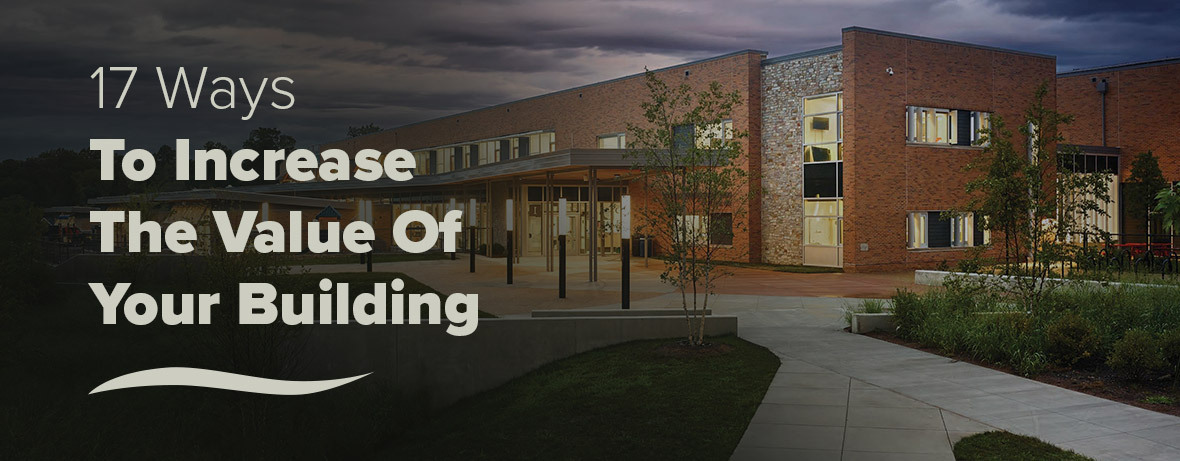
Why ICF Construction is Perfect for Oklahoma Homes in Tornado Alley

Understanding Current Supply Chain Woes and the Lack of Skilled and Unskilled Labor

ICC 500 Missile Impact Testing Requirements for Storm Shelters and Safe Rooms
Fox Blocks announces that their ICF wall assembly passed the ICC 500 required Missile Impact test used to determine compliance of storm shelter and safe room design and construction from flying debris in severe high-wind weather events.

17 Ways To Increase The Value Of Your Building

A Roadmap for Realtor Education: Adapting for Climate Change

7 Home Building Trends for 2022

Tips for Hiring & Working with Residential Architects

What R-Value Do You Need for Basement Walls?
The proper R‑value of basement walls will produce energy-efficient, durable, healthy, and comfortable homes. Learn what R‑value your basement walls should have.

ICF Construction in Arizona

Limitations of Insulated Metal Panels